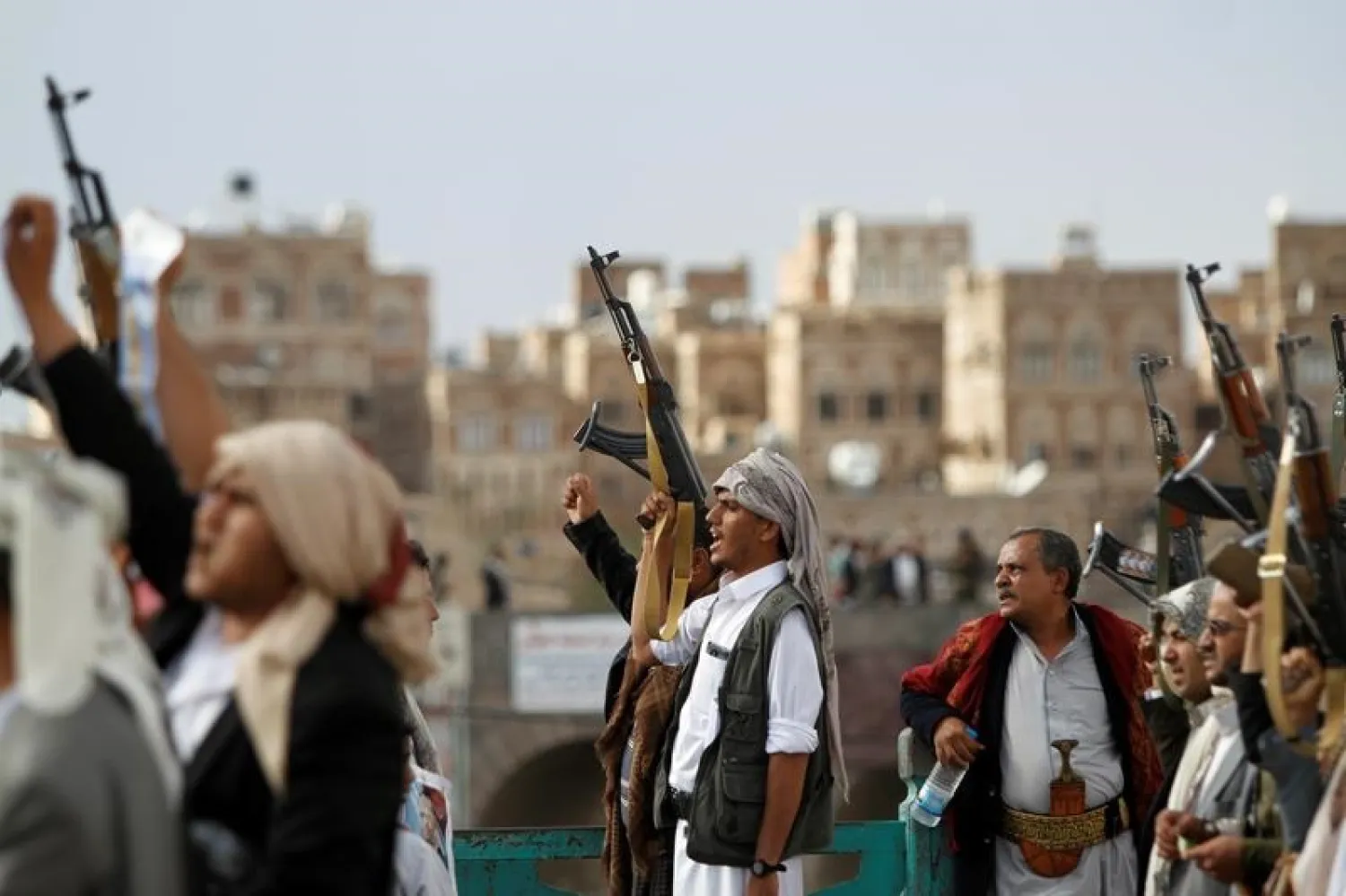Members of the illegitimate Houthi parliament in the Yemeni capital, Sanaa, revoked on Saturday the memberships of 39 lawmakers loyal to the internationally recognized government.
The move brings the total number of Yemeni parliamentarians ousted by the Iran-backed group under charges of “treason” and opposition to the Houthi-led coup to 83.
Independent MP Ahmed Saif Hashid said in a statement on Twitter that only 25 lawmakers voted for the revocations and that some abstained.
“Those who signed the revocations’ request do not exceed thirty members, but were rather 25 members only, most of whom are new members affiliated with the militias,” tweeted Hashid.
He criticized the vote saying it was against the constitution and conducted without quorum.
According to Hashid, the vote took place in an unconstitutional session in which Houthis took legal leverage to pass decisions that serve the insurgency’s Iran-inspired agenda.
The militias had asked MPs present at the session, most of whom were recently appointed in illegal by-elections, to drop membership from the representatives.
Iran-allied Houthis have been controlling Sanaa since it ousted the UN-backed government and seized power in late 2014.
In April, they revoked the memberships of 44 pro-government MPs under the pretext they are supporting the Saudi-led coalition involved in the country.
In March and February, a Houthi court sentenced to death 44 pro-government MPs, including the speaker of the newly formed pro-government parliament Sultan Al-Barakani and his deputies.
It is worth noting that the court sentencing was met with far-reaching international and regional condemnation.
Although Houthi decisions essentially lack any legal legitimacy, observers consider them to be an expression of the group’s tendency to destroy legitimate institutions and establish alternative institutions.
Other than trying to solidify Houthi rule, the decisions look to deepen hatred and accelerate the rate of "Houthification" of areas under the group’s control.









